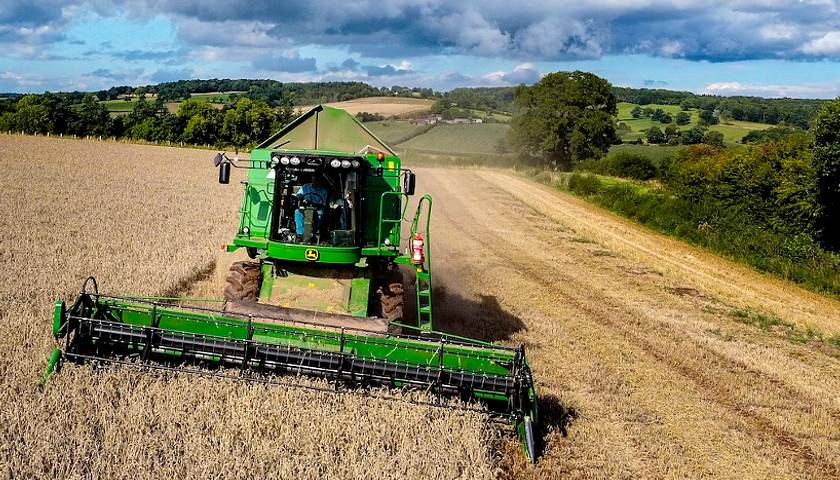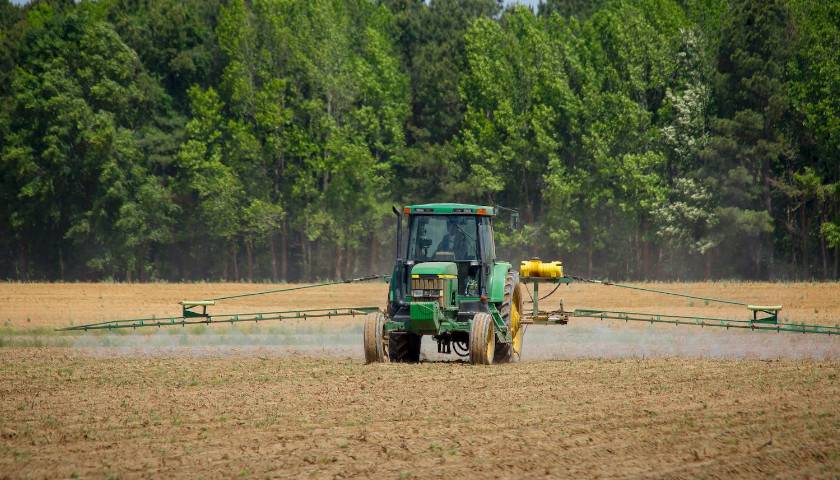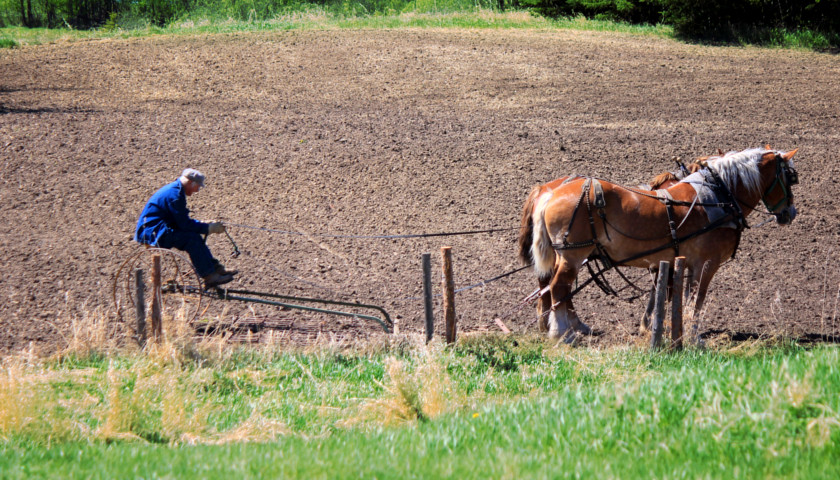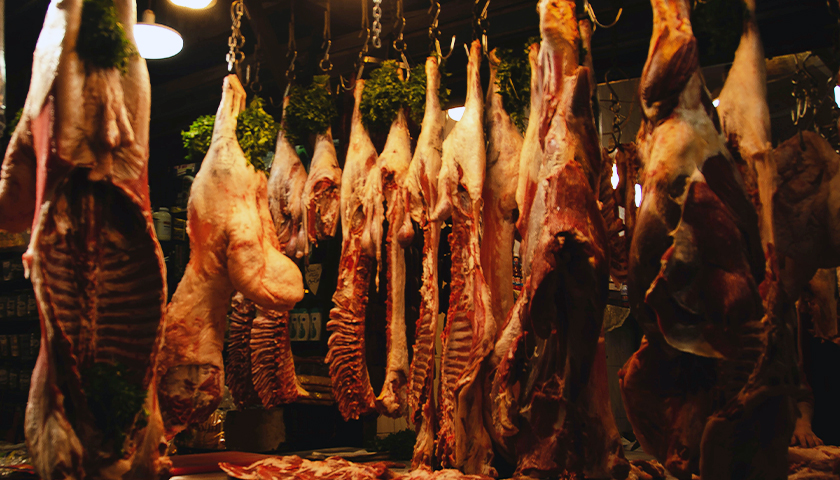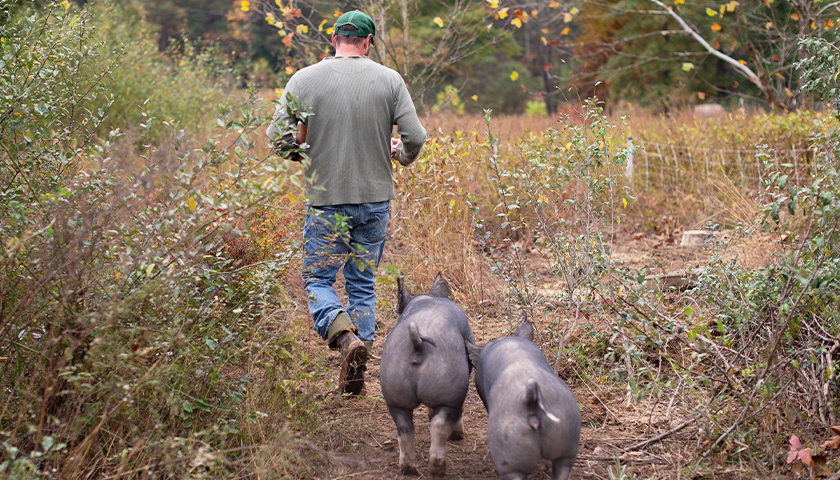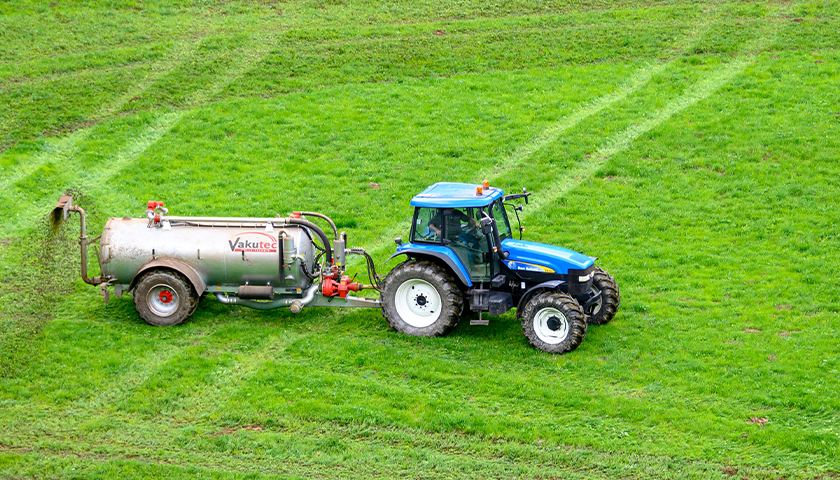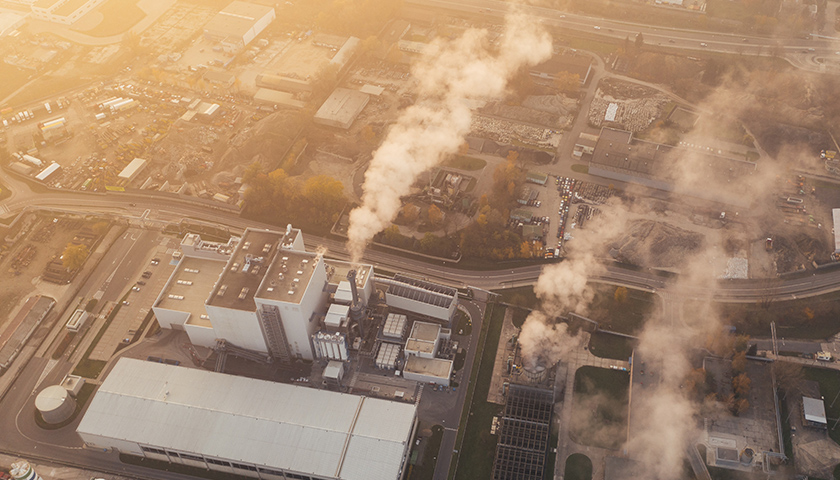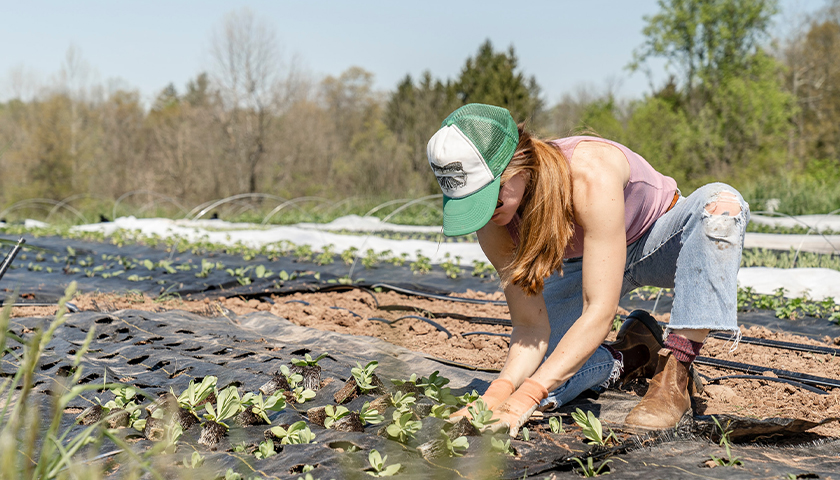The Biden Administration announced Monday it will spend $1 billion in American Rescue Plan Act funds to increase independent meat and poultry processing capacity.
The administration will invest $375 million on independent processing plant projects that fill a need for diversified processing capacity, spend up to $275 million in working with lenders to increase availability of loans, particularly to underserved communities, for independent processors, and spend $100 million to back private lenders investing in independently owned food processing and distribution infrastructure to move product through supply chain.
It will spend and additional $100 million to support training, safe workplaces and jobs in meat and poultry processing facilities, $100 million in reducing overtime and holiday inspection costs for small and very small processing plants, and $50 million to provide independent business owners and producers with technical assistance and research and development.
Read More


